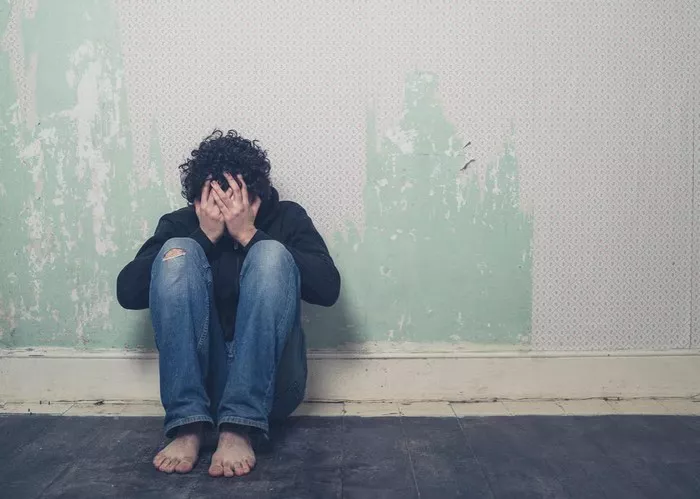Mental health is a critical component of overall well-being, affecting our emotional, psychological, and social functioning. It influences how we handle stress, relate to others, and make choices. Recognizing the signs of poor mental health early can help individuals seek support before conditions worsen. Below, we explore 10 common signs of mental health decline and what they might indicate.
10 Clear Signs Your Mental Health Needs Attention
1. Persistent Feelings of Sadness or Depression
A persistent sense of sadness, hopelessness, or apathy can signal poor mental health. While everyone experiences mood swings, ongoing feelings of despair or a lack of interest in daily activities can indicate a more serious issue, such as depression. People with depression may find it difficult to enjoy things they once loved and may have a reduced ability to concentrate.
2. Extreme Mood Swings
Frequent and extreme mood changes can be a sign of mental health challenges. These might include drastic shifts from feelings of euphoria to extreme irritability or anger. Such mood fluctuations can affect relationships and productivity and could be indicative of conditions like bipolar disorder or anxiety.
3. Social Withdrawal
Withdrawing from friends, family, and activities is another red flag. Those with poor mental health may feel overwhelmed by social interactions or simply lose interest in spending time with others. Isolation can worsen feelings of loneliness and make it harder to seek help when needed.
4. Fatigue or Lack of Energy
Mental health struggles often manifest physically. A person may feel chronically tired or experience a loss of energy even after a full night’s sleep. This exhaustion can occur because mental health problems, such as anxiety or depression, drain emotional and physical reserves, leaving little energy for everyday tasks.
5. Difficulty Concentrating
Difficulty focusing or making decisions can be a sign of mental health decline. People with poor mental health often struggle with concentration and may feel mentally foggy. This can affect work, school performance, and personal tasks, leading to frustration and a diminished sense of self-worth.
6. Changes in Sleep Patterns
Disruptions in sleep, whether insomnia or oversleeping, are common indicators of poor mental health. Anxiety, depression, and stress can lead to restless nights, and in some cases, excessive sleep might be a way to avoid confronting negative emotions. Both extremes can take a toll on physical health and emotional well-being.
7. Unexplained Physical Symptoms
Mental health issues can often manifest as physical complaints. Symptoms like headaches, stomach aches, or unexplained pains may not have a clear medical cause but can be linked to stress or anxiety. Chronic stress can weaken the immune system, leading to an increased risk of illness.
8. Changes in Appetite or Eating Habits
A loss of appetite or overeating can both be signs of poor mental health. Conditions like depression can reduce appetite, while anxiety or stress might lead to overeating as a form of emotional comfort. Significant weight gain or loss, coupled with emotional instability, may be an indication of an underlying mental health issue.
9. Increased Substance Use
People struggling with mental health issues may turn to substances like alcohol, drugs, or cigarettes in an attempt to cope. This might provide temporary relief from emotional pain but often worsens mental health in the long run. Substance abuse can compound mental health problems and create additional health risks.
10. Self-Harm or Suicidal Thoughts
Perhaps the most serious sign of poor mental health is self-harm or thoughts of suicide. If someone exhibits behavior such as cutting, burning, or engaging in other forms of self-injury, or expresses suicidal thoughts, immediate intervention is crucial. These behaviors often reflect deep emotional pain and require professional help.
Conclusion
Mental health is essential to overall well-being, and recognizing the signs of poor mental health early can help prevent further harm. If you or someone you know exhibits any of the signs listed above, it is important to seek professional support. Early intervention and treatment can make a significant difference in managing mental health conditions and improving quality of life.
Related topics:
- Wondering If You Have Bipolar Disorder? Here’s How To Test
- 12 Simple Ways To Boost Your Brain Health Every Day
- 20 Fascinating Facts About Mental Health You Should Know


